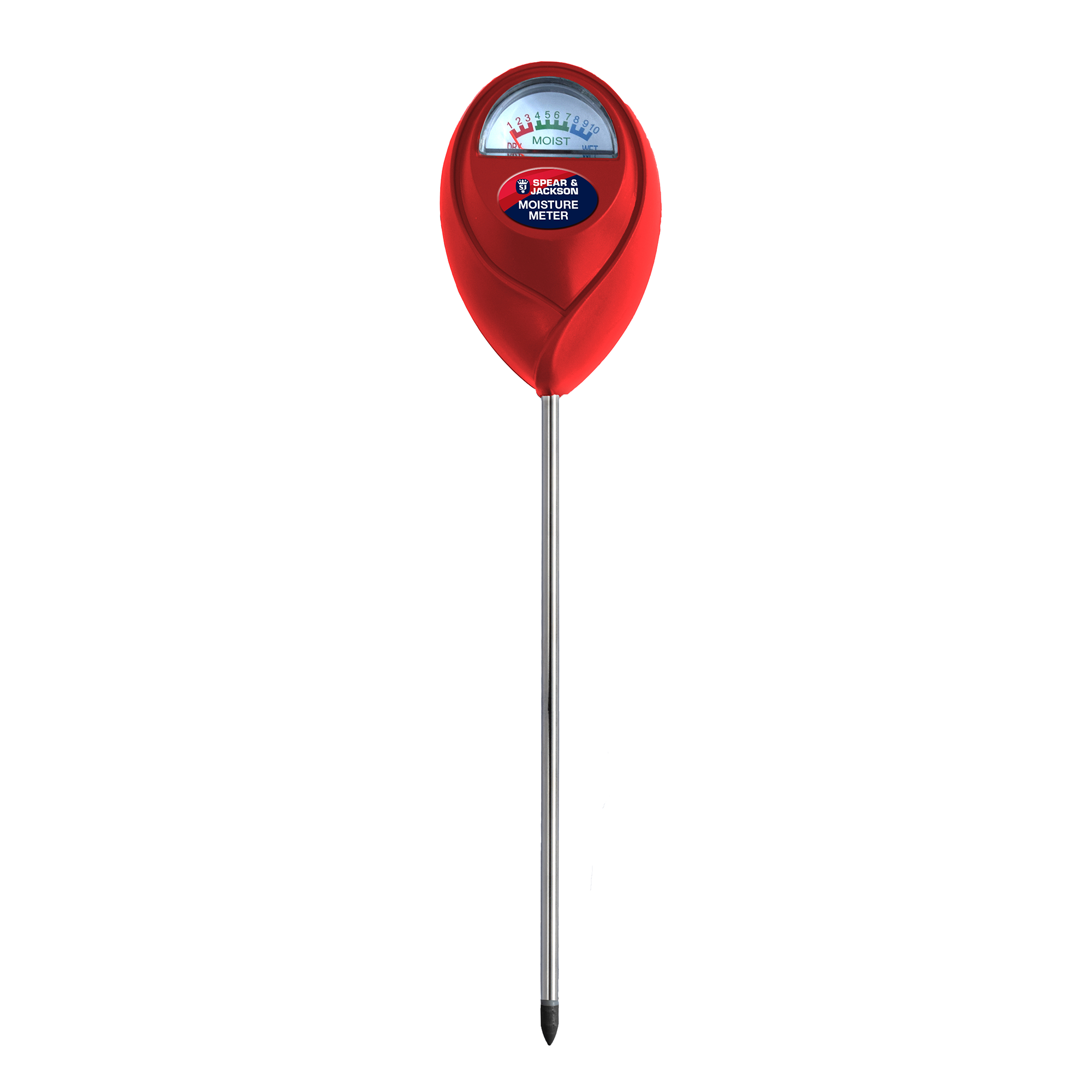Description
THIS PRODUCT: Designed for Checking Alkalinity or Acidity of Soils, Use for Fruits, Flowers, Shrubs & Vegetables, No Batteries Required, Do Not Use in Water. A soil pH meter is a handy tool for gardeners to measure the acidity or alkalinity of their garden soil. Knowing the pH of your soil is important because it can greatly influence the health and growth of your plants. Here are the main uses of a soil pH meter in the garden:
- Determine Soil pH: The primary function of a soil pH meter is to measure the pH level of your garden soil. Soil pH is measured on a scale from 0 to 14, with 7 being neutral. Values below 7 indicate acidic soil, while values above 7 indicate alkaline soil. Different plants have specific pH preferences, so knowing your soil’s pH helps you choose suitable plants for your garden.
- Plant Selection: Soil pH can affect the availability of essential nutrients to plants. Some plants thrive in acidic soil (e.g., blueberries, azaleas), while others prefer alkaline conditions (e.g., lilacs, asparagus). By testing the soil pH, you can select plants that are well-suited to your garden’s soil conditions.
- Amend Soil: If your soil’s pH is outside the ideal range for your desired plants, you can use the pH meter to monitor changes as you amend the soil. You may need to add lime to raise pH (for acidic soil) or sulfur to lower pH (for alkaline soil). Regular testing helps you adjust soil conditions for optimal plant growth.
- Troubleshoot Plant Problems: If your plants are not thriving, and you suspect soil pH is a factor, using a pH meter can help diagnose the problem. Yellowing leaves, stunted growth, or nutrient deficiencies could be related to pH imbalances.
- Optimize Fertilizer Use: Soil pH affects nutrient availability. By maintaining the correct pH range for your plants, you can ensure that they can absorb nutrients efficiently. This can help you use fertilizers more effectively and avoid nutrient imbalances.
- Monitor Soil Health: Regular pH testing can provide insights into the overall health of your soil. Consistently acidic or alkaline soil may indicate underlying issues that need to be addressed, such as poor drainage or excessive fertilizer use.
- Crop Rotation Planning: For vegetable gardeners, knowing the soil pH is crucial for planning crop rotations. Rotating crops with different pH preferences can help prevent nutrient depletion and soil-borne diseases.
- Lawn Care: Soil pH is important for maintaining a healthy lawn. A pH meter can help you adjust your lawn care practices, such as choosing the right type of grass seed and applying appropriate lime or sulfur treatments.
- Save Money: By accurately assessing your soil’s pH, you can avoid spending money on unnecessary soil amendments or treatments. You can apply the right amendments only when needed.
- Environmental Impact: Maintaining proper soil pH can reduce the environmental impact of gardening. It minimizes the need for excess fertilizer and chemicals, which can leach into groundwater and harm the ecosystem.
Overall: Using a soil pH meter is relatively simple, and it provides valuable information for successful gardening. It’s a cost-effective way to ensure your soil is in the optimal pH range for the plants you want to grow.


